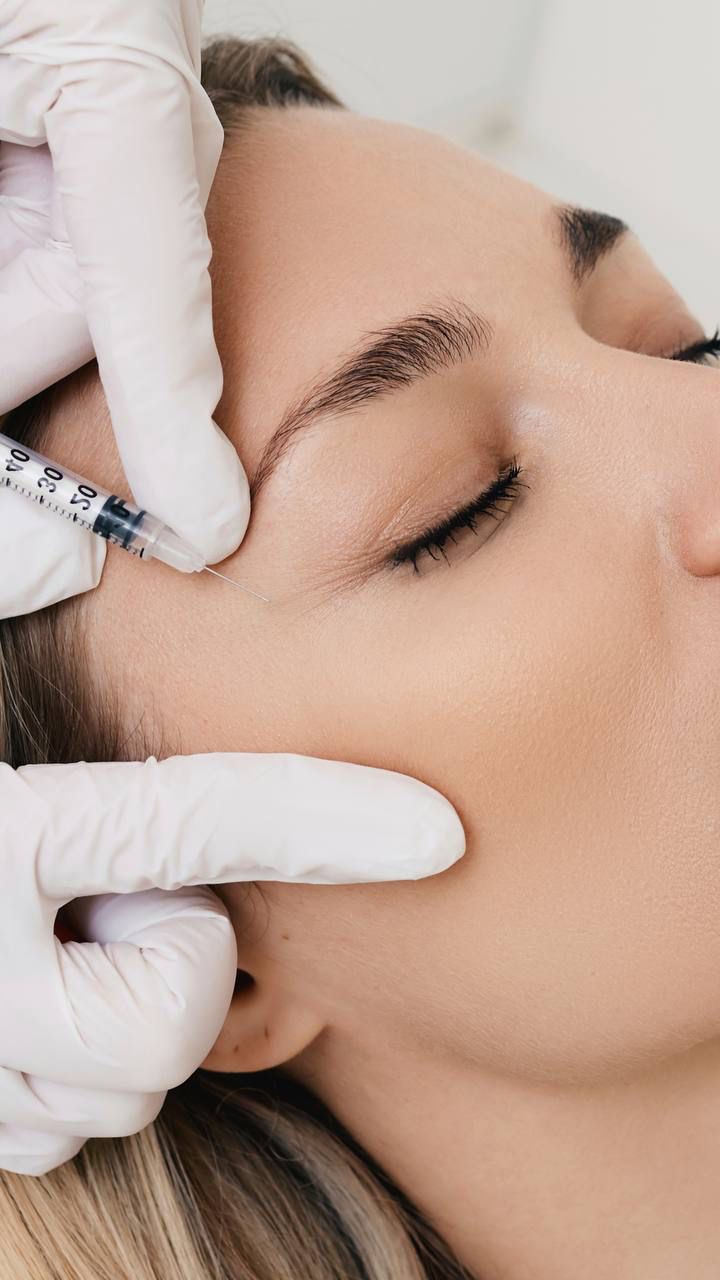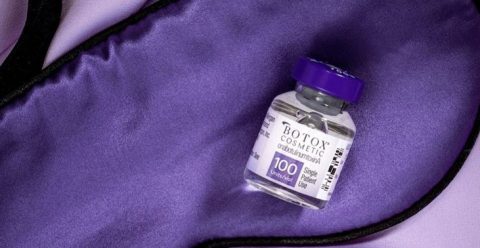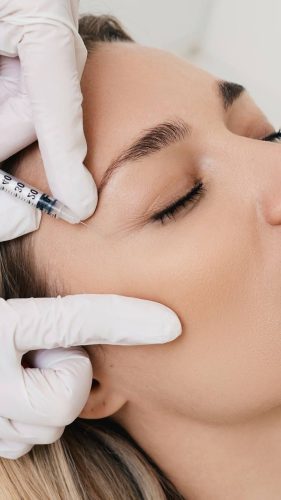Adres engellerini aşmak isteyenler için bahsegel bağlantısı çözüm oluyor.
Curacao lisansı, dünya genelinde 160’tan fazla ülke tarafından tanınmakta olup, bahsegel giril bu lisansa sahip güvenilir markalardan biridir.
Online eğlencede kaliteyi ve güveni birleştiren bahsegel güncel adres, her gün güncellenen promosyonları ve canlı destek hizmetleriyle kullanıcılarına kusursuz bir deneyim yaşatıyor.
Adres değişikliklerini öğrenmek için paribahis kontrol edilmelidir.
Modern tasarımı ve sade yapısıyla Paribahis kolay kullanım sağlar.
Rulet, blackjack ve slot makineleriyle dolu Paribahis giriş büyük ilgi görüyor.
Bahis sektöründe teknolojiyi etkin kullanan bahsegel guncel, yapay zeka destekli sistemleriyle adil ve güvenli bir oyun ortamı sağlar.
Global ölçekte 500 milyondan fazla insan online kumar oynamakta olup, Bahsegel giriş güncel bu kitlenin güvenilir platformlarından biridir.
Avrupa’da yapılan araştırmalara göre, canlı krupiyeli oyunlar kullanıcıların %61’i tarafından klasik slotlardan daha güvenilir bulunmuştur; bu güven bettilt girş’te de korunmaktadır.
Kullanıcılar sorunsuz erişim için paribahis bağlantısını takip ediyor.
Canlı casino yayınları artık 4K çözünürlükte yapılabilmekte ve bazı operatörler düşük gecikmeli 60 FPS akış teknolojisi kullanmaktadır; bahsegel girş bu teknolojileri benimsemiştir.
Türk kullanıcıların en çok tercih ettiği canlı oyunlar rulet ve blackjacktir, bahsegel hiriş bu seçenekleri sunar.
Dijital eğlenceyi artırmak için bettilt kategorileri ilgi çekiyor.
Online platformda hızlı işlem garantisi sunan paribahis giriş kullanıcılarına zaman kazandırır.
Mobil deneyimi ön planda tutan rokubet uygulaması sektörde fark yaratıyor.
Bahis endüstrisinde ortalama kullanıcı memnuniyet oranı %85 civarındadır, ancak rokubet yeni giriş bu oranı %92’ye çıkarmıştır.
Yeni nesil özelliklerle gelen Rokubet güncel giriş sürümü heyecan veriyor.
Bahis oranlarında lider konumda yer alan Bahsegel kullanıcılarına avantaj sağlar.
Cep telefonlarından kolay erişim için madridbet oldukça tercih ediliyor.
Engellemelere rağmen erişim sağlamak için bettilt kullanılıyor.
Bahis kullanıcılarının %72’si spor bahisleriyle kazanç elde etmeyi hedeflemektedir; paribahis güncel giriş adresi bu hedefi destekleyen yüksek oranlar sunar.
Her cihazda sorunsuz çalışan bettilt platformu kullanıcıların tercihi oluyor.
Maçlara özel kupon fırsatları bettilt bölümünde yer alıyor.
Bahis dünyasında hızla büyüyen topluluğuyla bettilt her geçen gün güçleniyor.
Bahis dünyasında her zaman güvenle tercih edilen bettilt istikrarlı bir platformdur.
Adres sorunlarını çözmek için her zaman bahsegel tercih ediliyor.
Yatırım bonuslarıyla kazancınızı artıran bahsegel giriş avantajlı bir deneyim sağlar.
Canlı casino yayınları artık 4K çözünürlükte yapılabilmekte ve bazı operatörler düşük gecikmeli 60 FPS akış teknolojisi kullanmaktadır; bettilt girş bu teknolojileri benimsemiştir.
Curacao lisanslı platformlar arasında güvenilirlik açısından üst sıralarda yer alan bettilt giriş güncel, uluslararası denetimlerden başarıyla geçmiştir.
Dijital oyun deneyimini artırmak için Madridbet platformları kullanılıyor.
Yüksek RTP oranları, yüzlerce slot seçeneği ve canlı casino oyunlarıyla bahsegel guncel, oyun severlere zengin bir içerik yelpazesi sunuyor.
Online casino pazarında Türkçe dil desteği sunan bahsegel giriş adresi kullanıcı deneyimini artırır.
Kumarhane heyecanını yaşatmak için paribahis çeşitleri büyük önem taşıyor.
Yatırımlarını artırmak isteyenler bettilt güncel giriş promosyonlarını takip ediyor.
2025 yılı için planlanan bettilt yenilikleri bahisçileri heyecanlandırıyor.
2025 yılında ortalama bahis tutarı 250 TL’ye ulaşırken, paribahis giriş adresi düşük limitli kuponlara izin verir.
Kullanıcıların hesaplarına hızlı ve sorunsuz ulaşabilmesi için paribahis adresi her zaman güncel tutuluyor.
Kumarhane keyfini çevrimiçi yaşamak isteyenler bahsegel seçeneklerini seçiyor.
Kullanıcılar, sisteme erişim için her gün bettilt sayfasına yöneliyor.
Oyunların şeffaflığı açısından RTP oranlarının paylaşılması, Bahsegel.giriş gibi lisanslı markalar için zorunludur.
Türkiye’de en çok oynanan slotlardan biri Sweet Bonanza’dır; bahsegel iletişim numarası bu oyunun lisanslı versiyonunu barındırır.
Her spor dalında en iyi oranlara sahip bettilt oyuncuların tercihidir.
Curacao lisanslı platformlarda dolandırıcılık tespiti ortalama 1 milyon işlemde 3’tür; bu, paribahis gitiş’in yüksek güvenlik düzeyini gösterir.
Online oyunlarda RTP oranı ortalama %95.8 olarak ölçülürken, paribahis mobil uygulama bu oranı %97.4 seviyesine taşımaktadır.
Her kullanıcı için öncelik olan bahsegel işlemleri güvence sağlıyor.
Yatırım yapanlar için özel olarak hazırlanan deneme bonusu veren bahis siteleri kampanyaları büyük ilgi görüyor.
Avrupa merkezli Bahsegel hiriş altyapısı, Türk oyuncular için düşük ping bağlantısı sunar.
Kazancını artırmak isteyen oyuncular Bahesegel promosyonlarını takip ediyor.
Curacao lisanslı platformlarda kullanıcıların dolandırılma olasılığı %0.05’in altındadır ve bettilt giril bu güvenlik seviyesini sürdürmektedir.
Kullanıcı güvenliğini ön planda tutan Bahsegel verilerinizi şifreli sistemle korur.
Kazancını artırmak isteyen kullanıcılar madridbet kodlarını kullanıyor.
Online casino deneyimini gerçek hale getiren Paribahis gelişmiş grafiklerle fark yaratır.
Canlı destek hizmetiyle kullanıcı sorunlarını hızla çözen Bahsegel profesyonel bir ekibe sahiptir.
Hızlı ve güvenli erişim için kullanıcılar Paribahis bağlantısını takip ediyor.
Her zaman güvenilir hizmet anlayışıyla hareket eden madridbet sadık bir kullanıcı kitlesine sahip.
Yatırımlarını artırmak isteyenler bettilt güncel giriş promosyonlarını takip ediyor.
Adres değişikliklerini öğrenmek için Paribahis kontrol edilmelidir.
Her cihazda çalışan Bahsegel uygulaması kullanıcıların ilgisini çekiyor.
Curacao Gaming Authority verilerine göre 2025 yılında dünya çapında 900’den fazla aktif lisanslı operatör bulunmaktadır; bunlardan biri de Bahsegel 2025’tir.
Bahis dünyasında istikrarı, kaliteyi ve güveni bir araya getiren Paribahis giriş yap, oyuncularının memnuniyetini her zaman öncelikli tutuyor.
Paribahis2017 yılında Türkiye’de yasadışı bahisle mücadele için özel birimler kuruldu, bu süreçte giriş bettilt gibi lisanslı platformlar güvenli seçenek olarak öne çıktı.
Her kullanıcı güvenli işlem yapabilmek için Bahsegel altyapısına ihtiyaç duyuyor.
Tenis ve voleybol gibi farklı spor dallarında Bahsegel giriş fırsatları bulunuyor.
Statista verilerine göre dünya genelinde yaklaşık 2.3 milyar insan yılda en az bir kez bahis oynamaktadır; Rokubet guncel giris bu kullanıcılar için güvenli bir ortam sağlar.
Rulet, poker ve slot çeşitliliği sunan Bahsegel giriş oldukça ilgi çekici.
Kullanıcılar güvenliklerini sağlamak için Bahsegel altyapısına güveniyor.
Her seviyeden oyuncuya hitap eden Bahsegel basit ve hızlı bir arayüze sahiptir.
Spor severler için hazırlanan hızlı bahis seçenekleri oldukça cazip.
Türkiye’de bahis severlerin en çok tercih edilen adreslerinden biri Bettilt giriş olmaya devam ediyor.
Global Data Insights’a göre, spor bahisleri online kumar gelirlerinin %47’sini oluşturmaktadır; bahsegel canlı destek bu alanda uzmanlaşmıştır.
Kazancını artırmak isteyen oyuncular bahsegel promosyonlarını takip ediyor.
Ekstra kazanç için oyuncular bahsegel seçeneklerini değerlendiriyor.
Hızlı işlem isteyen kullanıcılar bettilt sayesinde kolayca bahis yapabiliyor.
Her oyuncunun güvenliğini sağlayan bahsegel anlayışı sektörde yayılıyor.
2024 yılında global online casino gelirlerinin %59’u slot oyunlarından elde edilmiştir; bettilt güncel link bu kategoride 1500’den fazla oyun sunmaktadır.
Yeni üyeler, hızlı ve kolay erişim sağlamak için bettilt güncel giriş bağlantısını tercih ediyor.
Adres güncellemeleriyle sorunsuz bağlantı sağlayan bahsegel önemlidir.
Her zaman güncel giriş adresiyle ulaşılabilen bahsegel erişim sorunu yaşatmaz.
Online oyun deneyimini yeniden tanımlayan bettilt kullanıcılarına eğlence sunuyor.
Bahis dünyasında kazanç arayanlar için bahsegel kategorileri geniş seçenekler sunuyor.
Bahis dünyasında kullanıcıların %22’si kripto para ile işlem yapmaktadır; bu oran 2026’da %40’a ulaşabilir ve bettilt mobil uygulama bu trendi destekler.
Kumarhane keyfini yaşamak isteyenler için paribahis kategorisi oldukça ilgi çekici.
Kazançlarını hızlı bir şekilde çekmek isteyen oyuncular için özel ödeme çözümleri sunan bettilt guncel, finansal işlemlerde güven sağlar.
Bahis platformlarında kullanıcıların %65’i müşteri hizmetlerini haftada en az bir kez kullanıyor ve bahsegel yeni giriş 7/24 aktif destek hattı sunar.
Yatırım sonrası verilen bahsegel güncel giriş hediyeleri oyuncuların ilgisini çekiyor.
Botox injection Allergic Reaction

Experiencing a skin reaction to Botox injections can be concerning, but there are effective treatments and steps you can take to manage and alleviate symptoms. Here’s a reassuring guide to understanding and treating skin reactions to Botox.
Understanding Skin Reactions to Botox
Botox, derived from botulinum toxin, is commonly used to reduce wrinkles and fine lines. While it’s generally safe, some individuals may experience skin reactions. These reactions can range from mild to severe, and understanding them helps in managing them effectively.
Common Skin Reactions
- Redness and Swelling:
- Mild redness and swelling at the injection site are common and usually subside within a few days.
- Itching and Rash:
- Some people may develop an itchy rash, which can be a sign of an allergic reaction.
- Tenderness:
- The treated area may feel tender or warm to the touch.
Treatment Steps
-
Initial Care:
Cold Compress:
- Apply a cold compress to the affected area to reduce redness and swelling. Use it for 10-15 minutes every hour as needed.
- Avoid Scratching: Refrain from scratching or rubbing the area to prevent further irritation and potential infection.
-
Over-the-Counter Remedies:
- Antihistamines:Over-the-counter antihistamines like diphenhydramine (Benadryl) or loratadine (Claritin) can help reduce itching and allergic reactions. Follow the dosage instructions on the package.
- Hydrocortisone Cream:
- Applying a 1% hydrocortisone cream can help soothe itching and reduce inflammation. Use it sparingly and follow the package instructions.
-
Home Care Tips:
- Stay Hydrated:
- Drink plenty of water to keep your skin hydrated and support the healing process.
- Gentle Skincare:
- Use mild, hypoallergenic skincare products to avoid further irritation. Avoid exfoliants and harsh cleansers.
- Stay Hydrated:
-
When to Seek Medical Advice:
- Persistent Symptoms:
- If redness, swelling, or itching persists for more than a few days, or if symptoms worsen, contact your healthcare provider. They may recommend stronger medications or other treatments.
- Severe Reactions:
- For severe reactions such as difficulty breathing, significant swelling (especially of the face or throat), or dizziness, seek emergency medical care immediately. These could be signs of a serious allergic reaction.
- Persistent Symptoms:

Medical Treatments for Severe Reactions
-
Prescription Medications:
- Oral Steroids: In cases of severe allergic reactions, your doctor may prescribe oral steroids to reduce inflammation and manage symptoms.
- Prescription Antihistamines: Stronger antihistamines may be prescribed to control severe itching and allergic reactions
Preventing Future Reactions
-
Inform Your Healthcare Provider:
Make sure to inform your doctor about any previous allergic reactions to Botox or other substances. This will help them take necessary precautions or suggest alternative treatments.
-
Allergy Testing:
Your doctor may recommend allergy testing to identify specific allergens and tailor your treatment plan accordingly.
-
Follow-Up Appointments:
Schedule follow-up appointments with your healthcare provider to monitor your skin’s reaction and ensure proper healing.
Reassurance and Moving Forward
It’s essential to remember that while skin reactions to Botox can be alarming, they are typically manageable and temporary. Most individuals recover quickly with appropriate care and continue to enjoy the benefits of Botox treatments.
Botox has a long track record of safety and effectiveness. Millions of people use it successfully with minimal side effects. If you experience a skin reaction, addressing it promptly with the steps outlined above can help ensure a smooth recovery. Always communicate openly with your healthcare provider about any concerns or symptoms you experience.
Conclusion
Experiencing a skin reaction to Botox can be unsettling, but understanding how to manage and treat these reactions can make a significant difference. Stay calm, follow the recommended treatment steps, and seek medical advice when necessary. With the right care, you can effectively manage any skin reactions and continue to enjoy the benefits of your Botox treatments. Your healthcare provider is there to support you, so don’t hesitate to reach out with any questions or concerns.






